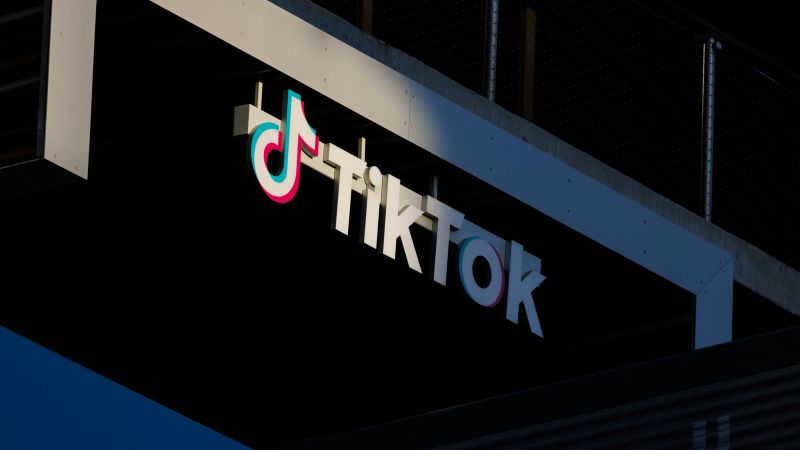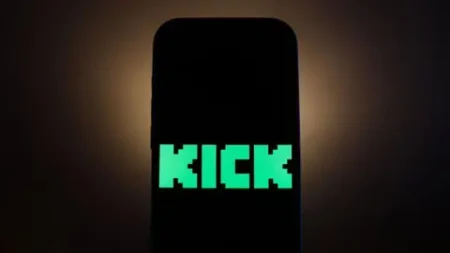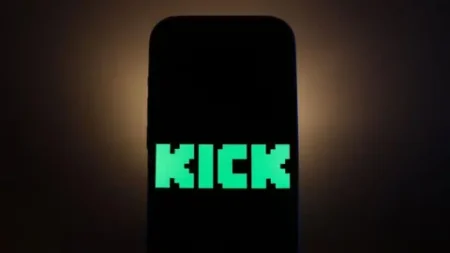In a recent court filing, TikTok launched a scathing criticism against the Biden administration regarding a law that could potentially ban the app in the United States. The popular app argued that American users may be cut off from the global online community if it is forced to change ownership.
Moreover, TikTok unveiled the contents of a draft agreement with the US government that aimed to address national security concerns related to the app. The company claimed that this agreement was disregarded in favor of legislation that may infringe on First Amendment rights.
This legal battle marks a critical juncture for TikTok, with the fate of 170 million American users hanging in the balance. TikTok’s parent company, ByteDance, has maintained that divesting from the app is not feasible by the January 2025 deadline set by President Biden.
TikTok also highlighted the restrictions imposed by the law in question, which prevent data-sharing agreements essential for displaying international content to US users. This limitation could essentially isolate the American TikTok community from the rest of the world.
Content creators on TikTok have echoed these concerns, arguing that their freedom of expression and ability to engage with global users would be severely compromised by the law. The company’s focus on the draft agreement with the Committee on Foreign Investment in the United States (CFIUS) is seen as a pivotal element in its legal defense.
Over the years, concerns have been raised about potential data access by the Chinese government through TikTok. Although no evidence has been publicly presented, US officials warn of the risks associated with such access and have provided classified briefings to members of Congress.
TikTok has vehemently denied granting the Chinese government access to user data and has criticized the legislative process surrounding the app as flawed and rushed. The company has disclosed extensive details about its operations, including a $2 billion investment in a project aimed at safeguarding US user data.
With the submission of the draft agreement and expert testimonies, TikTok is making a strong case against the law that threatens its existence in the US. The outcome of this legal battle will not only impact the app but also set a precedent for how online speech is interpreted under the First Amendment.











